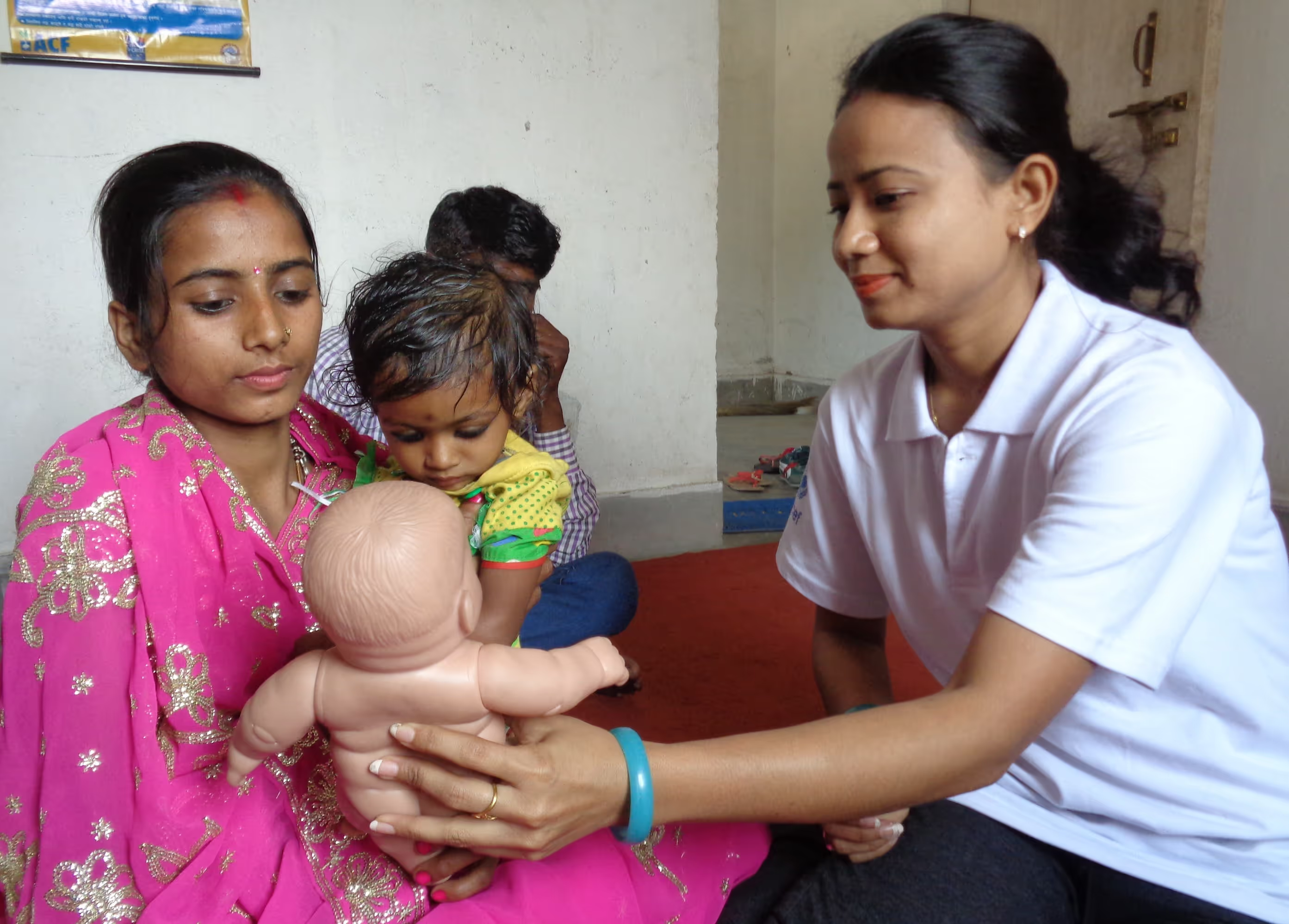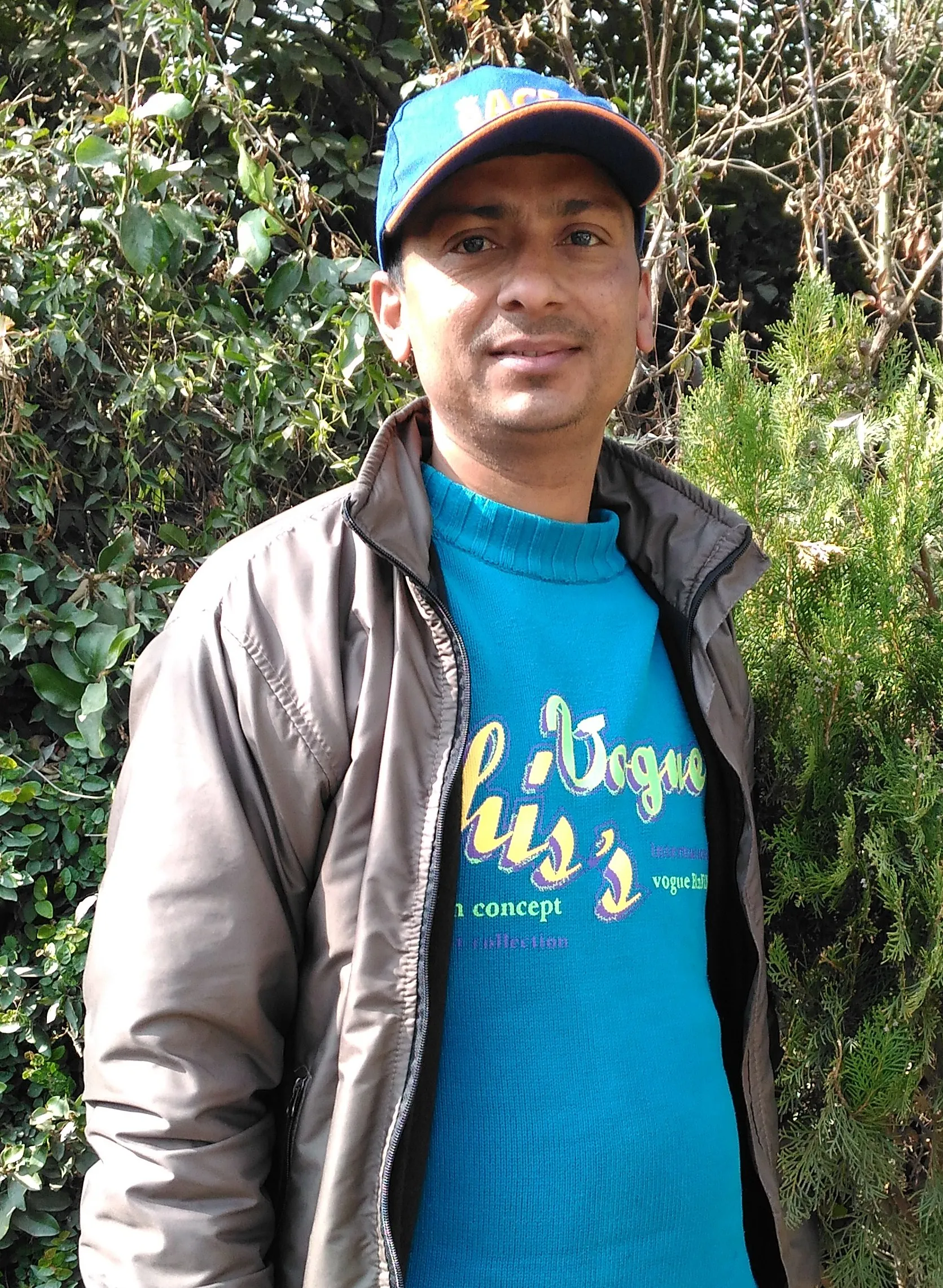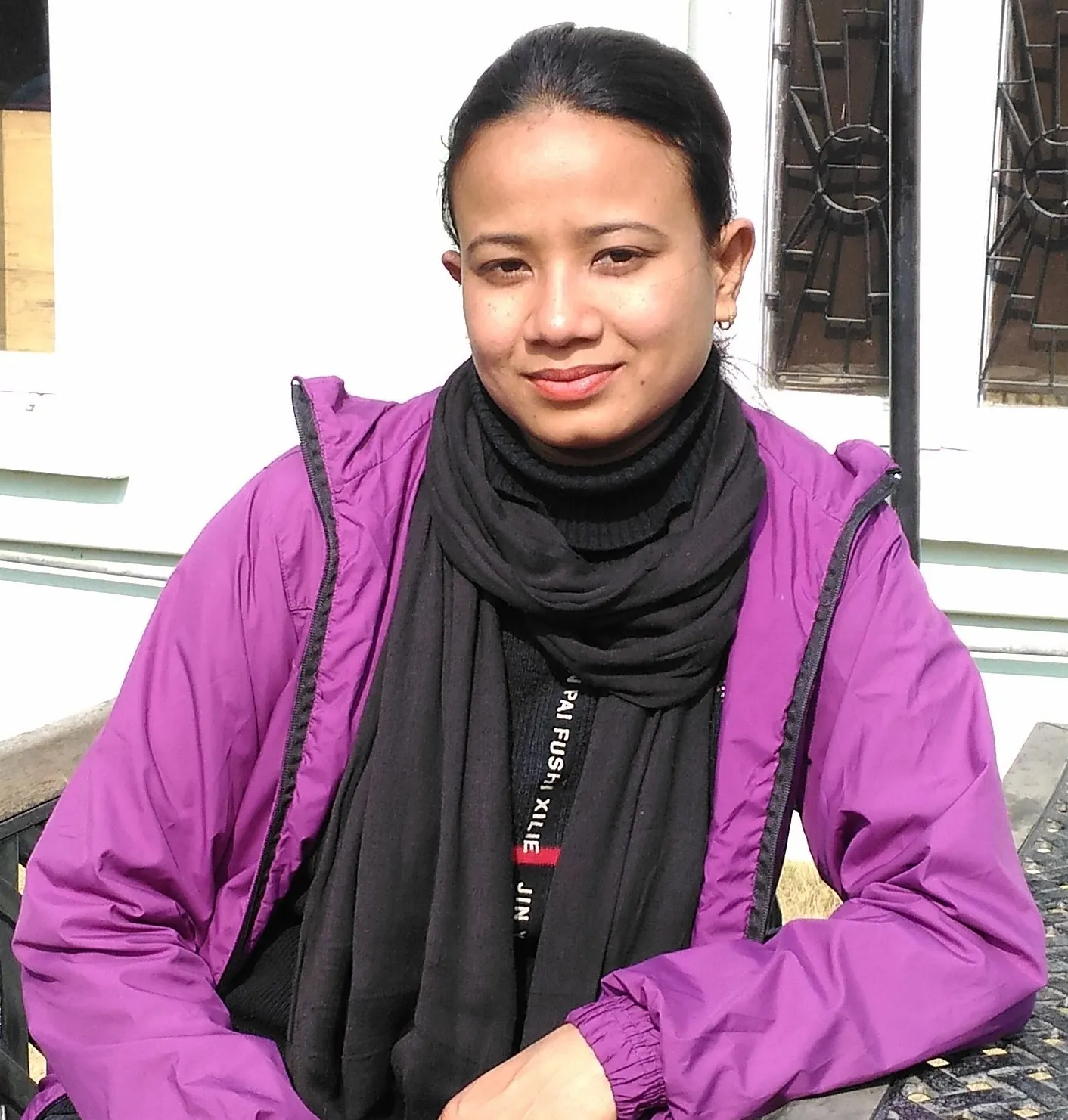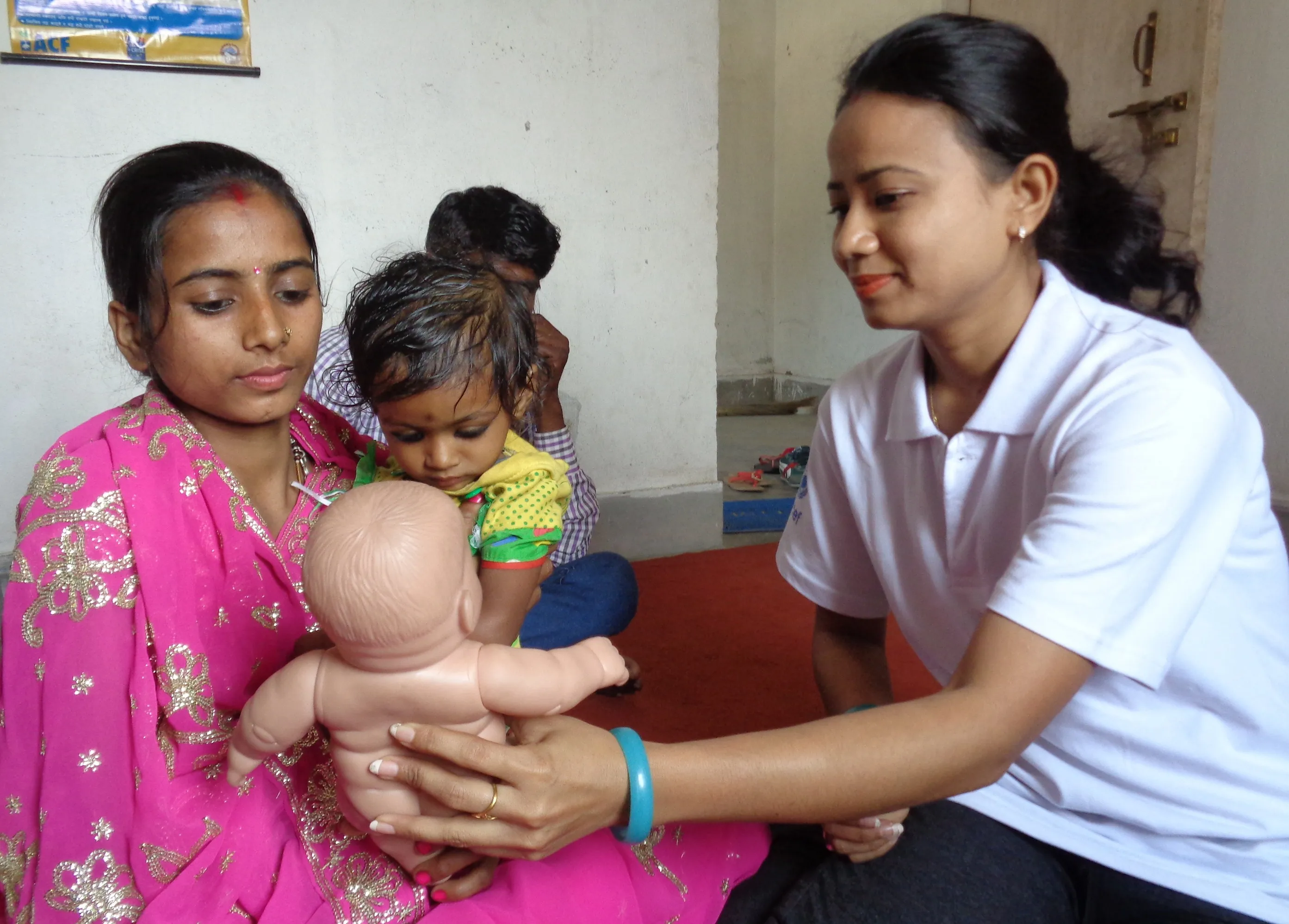Researching in a crisis: FUSAM ups & downs

An interview with Deputy Research Program Manager Shoyata and Psychosocial supervisor Gobinda Prasad Koirala
An interview with Deputy Research Program Manager Shoyata and Psychosocial supervisor Gobinda Prasad Koirala


Since August last , the political situation in Saptari district has been unstable with repeated Bandhs (demonstrations) and imposed curfew in some towns. The constitution draft has been disputed by local political parties and this has created tensions between communities. As a consequence, public transportation has completely shut down minimal movements by cycle and foot have only been possible.
Normal public life has been disturbed: markets opened partially, schools and offices were closed. In November, police entered the District Hospital in Rajbiraj and injured several medical and paramedical staff. As a result, all health facilities closed for one month. Throughout the period, there were many human lives lost, including Government officials. In December, although demonstrations were still regularly announced in Rajbiraj, they were followed less and public life was less disturbed. While mMarkets and schools re-opened, public administrations and banks remained closed, and public transportation was still not functional.
The instability of the security situation imposed complex working conditions for ACF staff. They had to adjust their working conditions to the situation and be creative with their remote management. Shoyata said ‘The present political situation has had a great impact on my working condition, efficiency and productivity. The sad thing is that I am not getting the opportunity to work on field monitoring and supervision of the testers to ensure and enhance the quality of the testing.
"In the last five months, sometimes I have worked from my room, sometimes from the office, closing us in, sometimes from a nearby city or sometimes from the head office in Kathmandu. These various working situations meant I was away from the close monitoring of the field staffs and from the necessary coordination with the partner organization/stakeholders".
Gobinda collected field information by phone and videotapes, instructing psycho-social workers to use video camera during his absence so he could observe the sessions later. This context has created tremendous challenges for the implementation of the research. Shoyata explained how testing could not be conducted as per the plan, either because testers could not reach the mothers’ house or because mothers themselves had moved to another place due to security conditions in the area.

There is also the worry about the testers' security risk in the field and the risk of travelling long distances where road conditions are very poor. It is also challenging to keep staff motivated with the disruptive security conditions. Gobinda said "it was very difficult to mobilize psycho-social workers as we could never predict what would happen the next day".
The crisis also had some impact on the beneficiaries. According to Shoyata, one consequence of this crisis on the beneficiaries in that the SAM child was not been getting RUTF timely and in many cases has become defaulter. For Gobinda, the strike is bad luck for the project because they had fixed the psycho-social session package to be conducted in a certain time frame so they have missed many sessions. In between strikes, many cases came for follow-up but when they saw it frequently closed, they began to feel frustrated with the service and mistrust it.
In the last few weeks the situation has seemed quieter - the ACF office is now open and field movements are once again possible. Shoyata is in a hurry to get back out into the field and Gobinda is moderately optimistic. Some challenges still remains to limit the negative impact on the research implementation and motivating the mothers will be the main challenge.
Stay updated
Sign up for our newsletter to receive regular updates on resources, news, and insights like this. Don’t miss out on important information that can help you stay informed and engaged.
Related articles


.png)
Explore Elrha
Learn more about our mission, the organisations we support, and the resources we provide to drive research and innovation in humanitarian response.